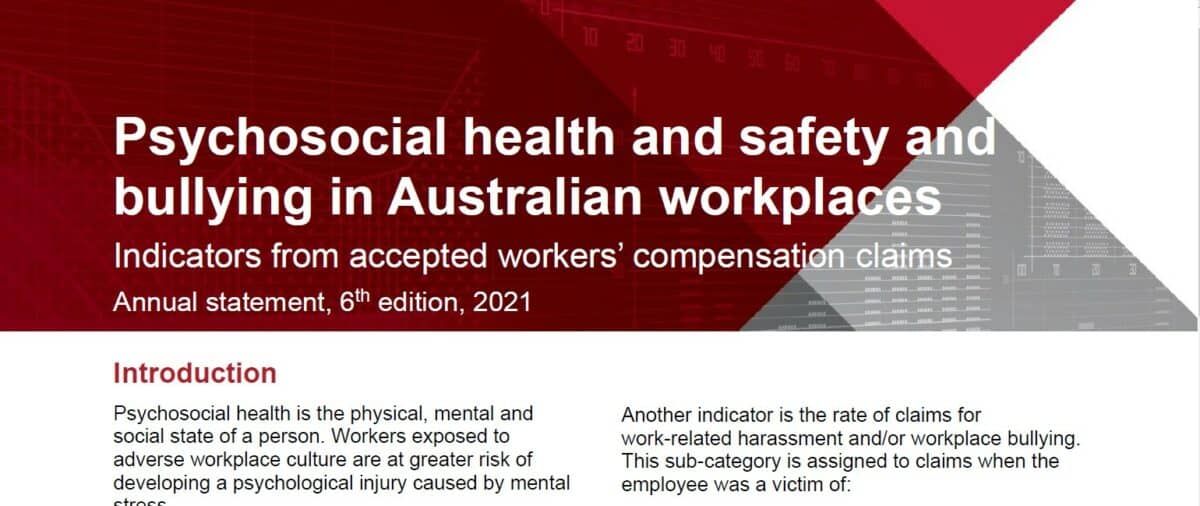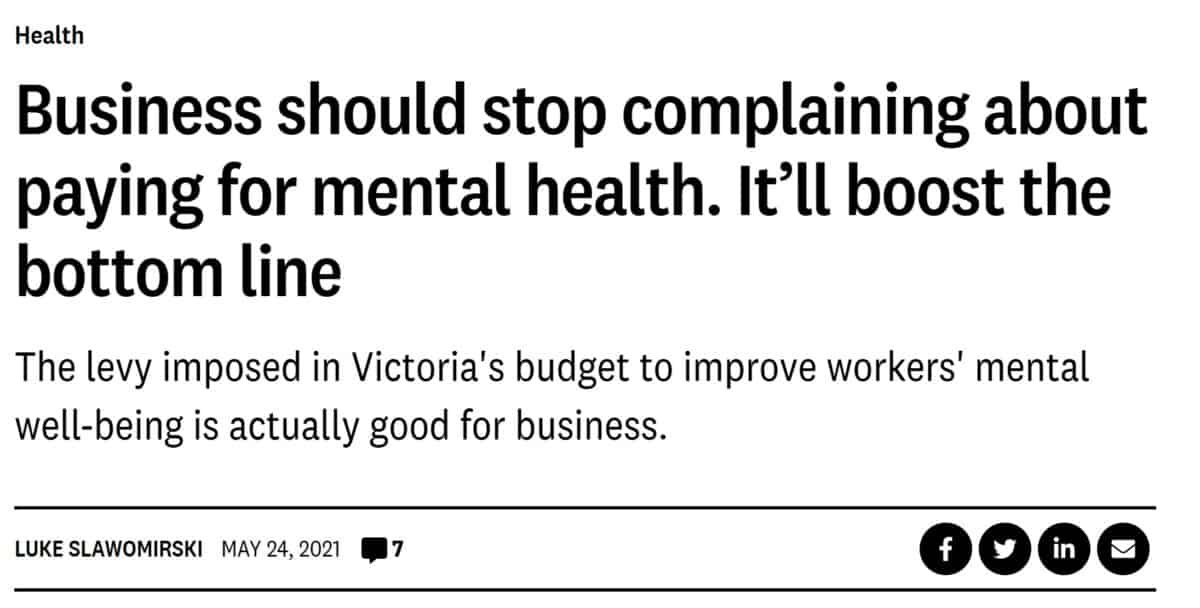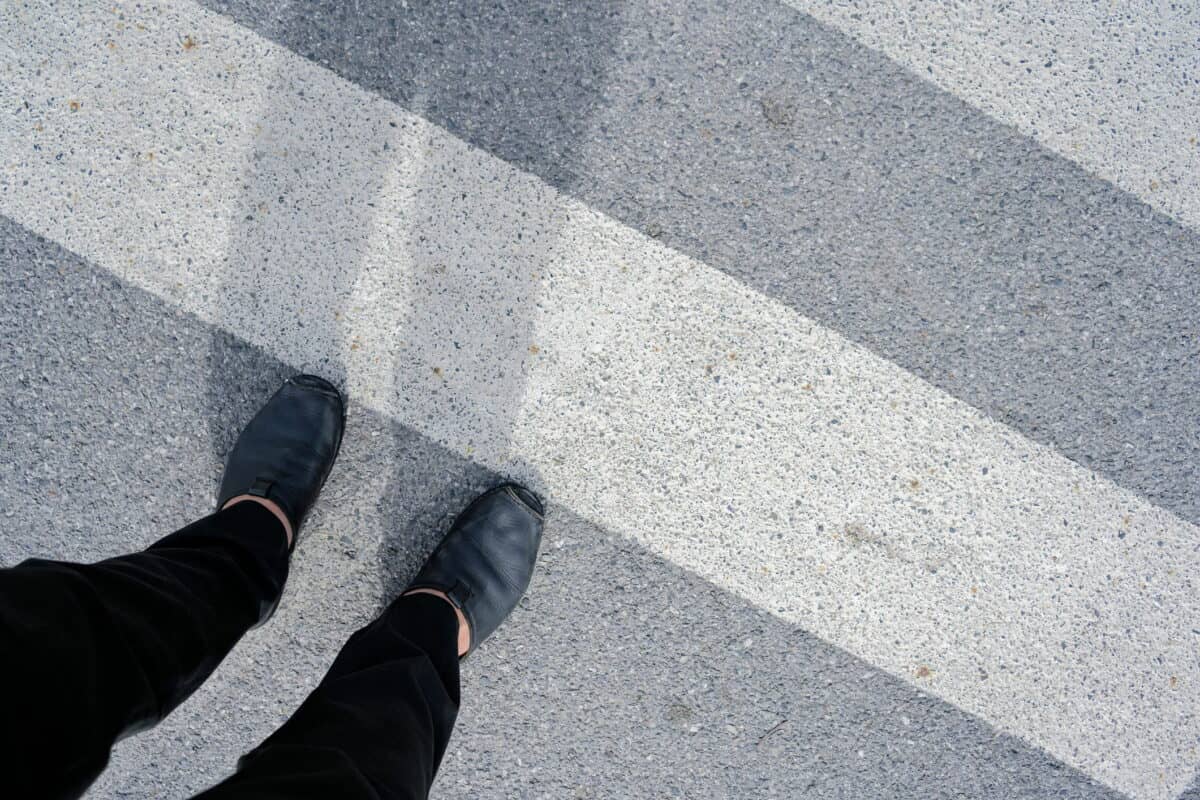Office Noise and Mental Health
Too much weight is given to occupational health and safety (OHS) surveys and research that rely on self-reported data. Such data is subject to social and personal biases. It has its role in the state of knowledge, but its authority and worth is frequently overstated. A recent research project into the OHS effects of working …







